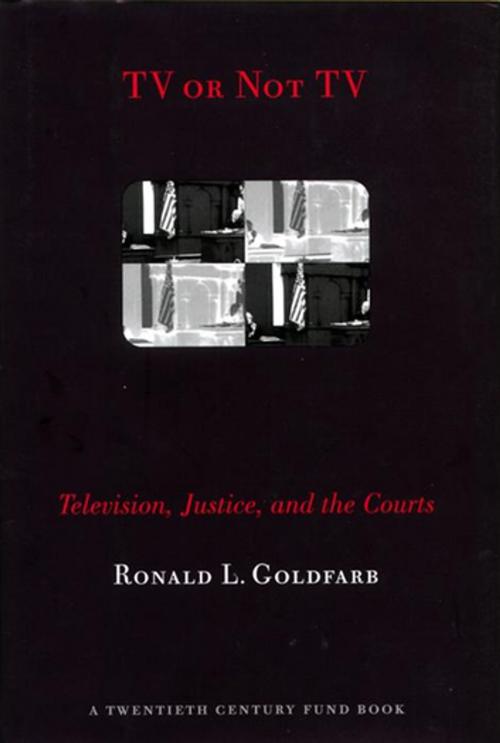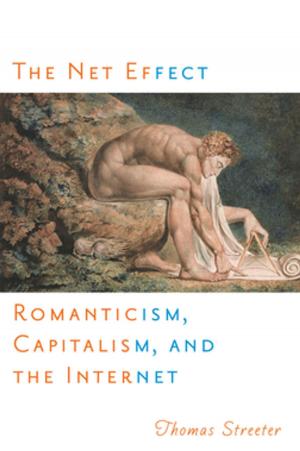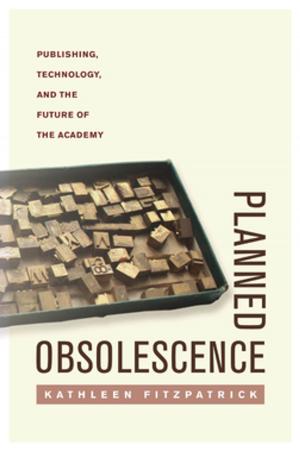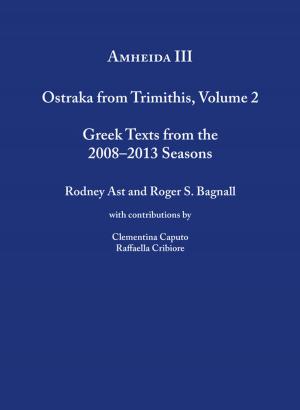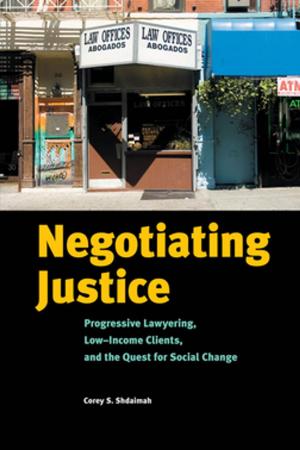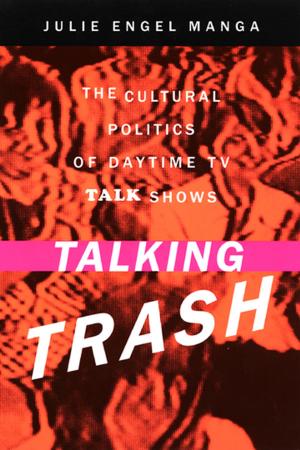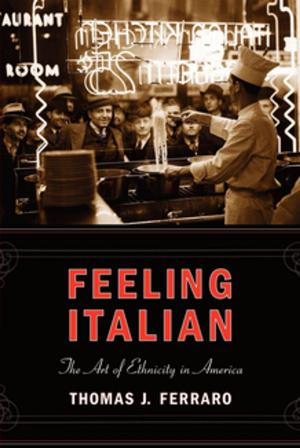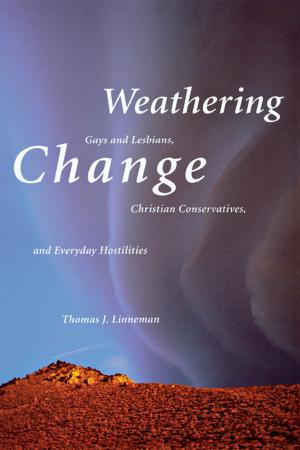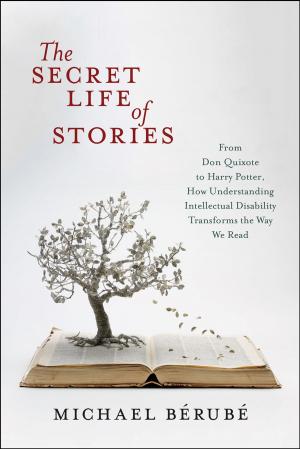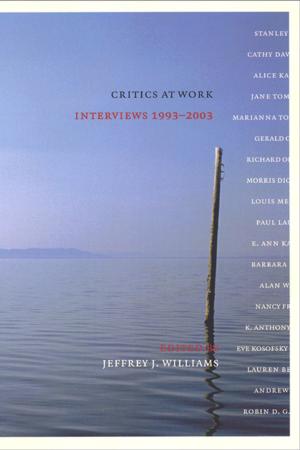TV or Not TV
Television, Justice, and the Courts
Nonfiction, Social & Cultural Studies, Social Science| Author: | Ronald L. Goldfarb | ISBN: | 9780814732564 |
| Publisher: | NYU Press | Publication: | March 1, 1998 |
| Imprint: | NYU Press | Language: | English |
| Author: | Ronald L. Goldfarb |
| ISBN: | 9780814732564 |
| Publisher: | NYU Press |
| Publication: | March 1, 1998 |
| Imprint: | NYU Press |
| Language: | English |
In the last quarter century, televised court proceedings have gone from an outlandish idea to a seemingly inevitable reality. Yet,debate continues to rage over the dangers and benefits to the justice system of cameras in the courtroom. Critics contend television transforms the temple of justice into crass theatre. Supporters maintain that silent cameras portray "the real thing," that without them judicial reality is inevitably filtered through the mind and pens of a finite pool of reporters.
Television in a courtroom is clearly a two-edged sword, both invasive and informative. Bringing a trial to the widest possible audience creates pressures and temptations for all participants. While it reduces speculations and fears about what transpired, television sometimes forces the general public, which possesses information the jury may not have, into a conflicting assessment of specific cases and the justice system in general.
TV or Not TV argues convincingly that society gains much more than it loses when trials are open to public scrutiny and discussion.
In the last quarter century, televised court proceedings have gone from an outlandish idea to a seemingly inevitable reality. Yet,debate continues to rage over the dangers and benefits to the justice system of cameras in the courtroom. Critics contend television transforms the temple of justice into crass theatre. Supporters maintain that silent cameras portray "the real thing," that without them judicial reality is inevitably filtered through the mind and pens of a finite pool of reporters.
Television in a courtroom is clearly a two-edged sword, both invasive and informative. Bringing a trial to the widest possible audience creates pressures and temptations for all participants. While it reduces speculations and fears about what transpired, television sometimes forces the general public, which possesses information the jury may not have, into a conflicting assessment of specific cases and the justice system in general.
TV or Not TV argues convincingly that society gains much more than it loses when trials are open to public scrutiny and discussion.
